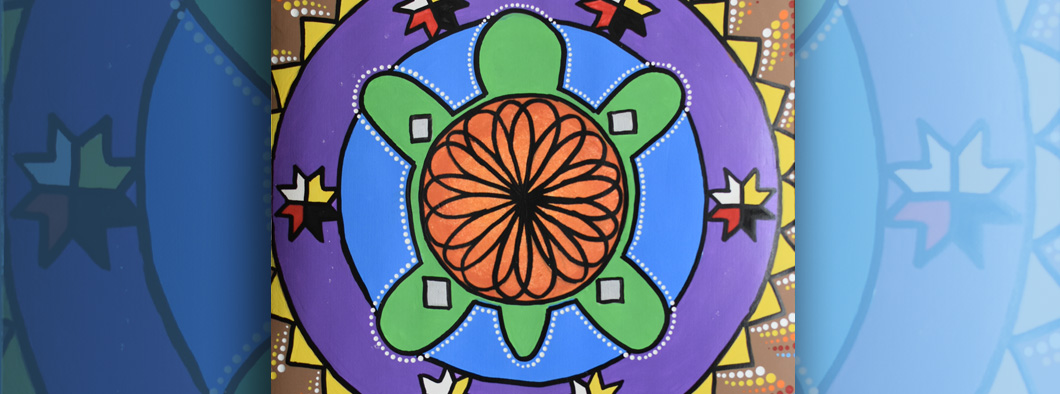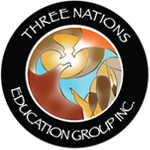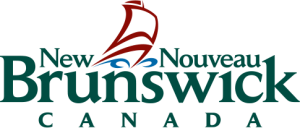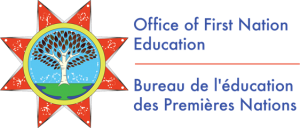Aqalasie’wey Mna’q Naqa’sinukw Ujit Ninen
The Colonial Experience Has Never Ended for Us
Okamonuhkewey Ulamsotuwakon mec Sepawsuwiw
Theme:
Ta’n Wenin
Identity
Tan Wen Wetapeksit
Global Competencies
Critical Thinking and Problem Solving
- Learners engage in an inquiry process to solve problems, as well as acquire, process, interpret, synthesize, and critically analyze information to make informed decisions. (Activity 1, 2 and 3)
- Learners see patterns, make connections, and transfer their learning from one situation to another, including real-world applications. (Activity 3)
- Learners analyze the functions and interconnections of social, ecological, and economic systems. (Activity 2 and 3)
- Learners solve complex problems by taking concrete steps to design and manage solutions. (Activity 2)
- Learners formulate and express questions to further their understanding, thinking, and problem-solving. (Activity 1)
Innovation, Creativity, and Entrepreneurship
- Learners formulate and express insightful questions and opinions to generate novel ideas. (Activity 1)
- Learners seek and make use of feedback to clarify their understanding, ideas, and products. (Activity 1)
Self-Awareness and Self-Management
- Learners are aware of, manage, and express their emotions, thoughts, and actions in order to understand themselves and others. (Activity 1, 2 and 3)
- Learners manage their holistic well-being (e.g., mental, physical, and spiritual). (Activity 2 and 3)
Collaboration
- Learners participate in teams by establishing positive and respectful relationships, developing trust, and acting interdependently and with integrity. (Activity 1)
- Learners learn from and contribute to the learning of others by co-constructing knowledge, meaning, and content. (Activity 1)
- Learners assume various roles on the team, respect a diversity of perspectives, and address disagreements and manage conflict in a sensitive and constructive manner. (Activity 1)
- Learners demonstrate empathy for others in a variety of contexts. (Activity 1, 2 and 3)
Communication
- Learners ask effective questions to create a shared communication culture, attend to understand all points of view, express their own opinions, and advocate for ideas. (Activity 1)
Sustainability and Global Citizenship
- Learners understand the interconnectedness of social, ecological, and economic forces, and how they affect individuals, societies, and countries. (Activity 1, 2 and 3)
- Learners recognize discrimination and promote principles of equity, human rights, and democratic participation. (Activity 1)
- Learners understand Indigenous worldviews, traditions, values, customs, and knowledge. (Activity 1, 2 and 3)
- Learners learn from and with diverse people, develop cross-cultural understanding, and understand the forces that affect individuals and societies. (Activity 1, 2 and 3)
- Learners take actions and make responsible decisions that support social settings, natural environments, and quality of life for all, now and in the future. (Activity 1)
- Learners contribute to society and to the culture of local, national, global, and virtual communities in a responsible, inclusive, accountable, sustainable, and ethical manner. (Activity 1)
Curriculum Outcomes
English Language Arts
Specific Curriculum Outcomes
- 1. Ask and respond to questions to clarify information and explore a solution to problems (Activity 1)
- 1. Listen critically to others’ ideas and opinions and points of view (Activity 1)
- 2. Engage in, respond to, and evaluate oral presentations (Activity 1)
- 6. Describe, share, and discuss personal reactions to a range of texts across genres, topics, and subjects (Activity 2 and 3)
- 7. Identify instances of opinion, prejudice, bias, and stereotyping (Activity 2 and 3)
- 8. Record, develop, and reflect on ideas, attitudes, and opinions (Activity 1, 2 and 3)
Health
- 2.1 Mental Fitness – Identify sources and signs of stress as well as ways to manage it (Activity 2)
Mathematics
- 2. Statistics and Probability – Construct and interpret double bar graphs to draw conclusions (Activity 1)
Physical Education
- 2. Knowing – Describe how activity affects body systems and levels of fitness (Activity 2)
Science
- 107-2 Describe and compare tools, techniques, and materials used by different people in their community and region to meet their needs (Activity 1)
Social Studies
Students will be able to:
- 5.4.1 Demonstrate an understanding of the diverse societies of First Nations in what later became Canada (Activity 1, 2 and 3)
- 5.5.1 Examine interactions between British and French and First Nations and Inuit in what later became Atlantic Canada (Activity 1 and 2)
Visual Arts
- Elements of art and principles of design – Discuss simple compositional elements in artwork of others (Activity 3)
Associated Text Materials
Grade 5 – Investigating Past Societies*
- p. 94 What types of decisions were made by early First Nation and Inuit Societies?
- p. 95 Trade
- p. 101 Leadership
- p. 136 Mi’kmaq
- p. 138 Wolastoqewiyik
* Although the textbook is titled “Investigating Past Societies”, it should be noted that it also deals with societies that exist now.





